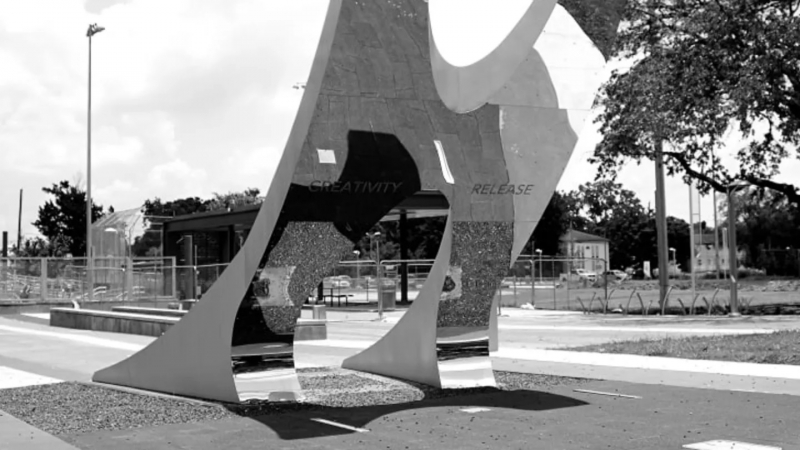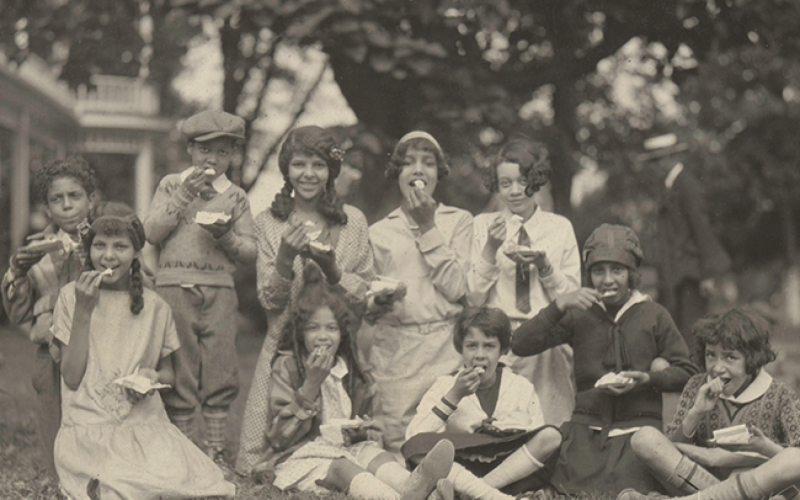There were limited options for celebrating for freed people.

When freed people tried to celebrate the first Juneteenth - the anniversary of the announcement a year later, they faced a big problem: Segregation laws were expanding rapidly, so there were no public places or parks they were permitted to use, as, before the announcement, there were only places for white people to use, and slaves didn't seem by owners to be deserving to do anything like events in publics. In the 1870s, formerly enslaved people pooled together $800 and purchased 10 acres of land, which they deemed "Emancipation Park." Until the 1950s, it was the only public park and swimming pool in the Houston area that was open to African Americans.
However, another problem that black people had to face, is how to maintain their life since they had many struggles living as newly freed people, as Jamelle Bouie so eloquently put it in Slate, "it's difficult to celebrate freedom when your life is defined by oppression on all sides." Juneteenth celebrations waned during the era of Jim Crow laws until the civil rights movement of the 1960s when the Poor People's March planned by Martin Luther King Jr. was purposely scheduled to coincide with the date. The march brought Juneteenth back to the forefront, and when march participants took the celebrations back to their home states, the holiday was reborn.













